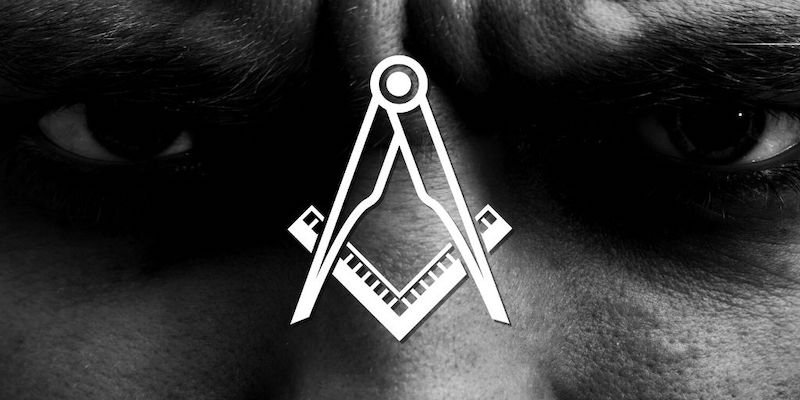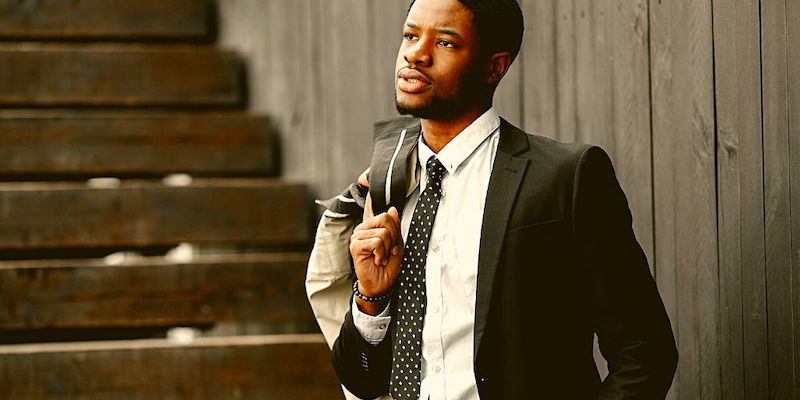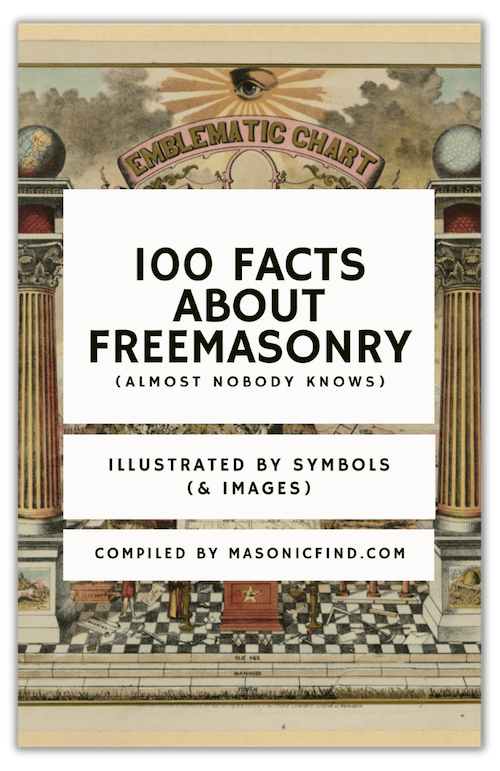Masonic Lodges are known for their tradition and secrecy, but they are also known for their strong sense of community.
Members of a Lodge are expected to support each other and work together towards common goals.
However, like any community, disputes can arise among members, and thus it is important to know how Masonic Lodges handle these situations.
When a dispute arises between members of a Lodge, the first step is usually to try to resolve the issue informally. Members are encouraged to communicate openly and honestly with each other and to work towards a resolution that is fair and equitable for all parties involved.
If the dispute cannot be resolved informally, the Lodge may appoint a committee to investigate the matter and make recommendations for a resolution.
In some cases, the Lodge may need to take more formal action, such as holding a trial or hearing.
Masonic Law confers jurisdiction over its own members, no matter where they reside, and upon proper notice to a member, the Lodge may render Masonic judgment against him.
The goal of any formal action is not to punish the member but rather to help them understand the error of their ways and to encourage them to make amends and return to good standing within the Lodge.

Masonic Lodges and Dispute Resolution
Masonic lodges are built on a foundation of brotherhood, mutual respect, and harmony.
However, disputes may arise among members, and it is important to have a system in place to handle them effectively.
Masonic lodges have both informal and formal dispute-resolution procedures.
Informal Resolution Procedures
Informal dispute resolution procedures are the first step in handling disputes among members.
These procedures are designed to resolve disputes in a peaceful and amicable manner.
The informal procedures may involve the following steps:
Discussion: Members involved in a dispute may discuss the issue among themselves and try to find a solution.
Mediation: If the discussion does not resolve the issue, a mediator may be appointed to help the members find a solution.
Arbitration: If mediation fails, the members may agree to appoint an arbitrator to make a binding decision on the matter.
Formal Dispute Resolution Procedures
If the informal procedures fail to resolve the dispute, formal dispute resolution procedures may be initiated.
These procedures involve a more structured process and may involve the following steps:
Filing a Complaint: A member may file a written complaint with the lodge secretary, who will forward it to the lodge’s governing body.
Investigation: The governing body will investigate the complaint and gather evidence to determine the facts of the case.
Hearing: The governing body will hold a hearing to allow the parties involved to present their case and evidence.
Decision: The governing body will make a decision based on the evidence presented and may impose sanctions if necessary.
It is important to note that the formal dispute resolution procedures are only used as a last resort and are not intended to be punitive.
The goal of the procedures is to resolve the dispute in a fair and impartial manner while preserving the harmony and brotherhood of the lodge.
Informal Resolution Procedures

When disputes arise among members of a Masonic Lodge, the first step is to attempt to resolve the issue informally.
This can be done through mediation or negotiation.
Mediation
Mediation involves a neutral third party who helps the parties involved in the dispute to reach a mutually acceptable solution.
The mediator does not make a decision or impose a solution but rather facilitates communication and helps the parties to understand each other’s perspectives.
In Masonic Lodges, mediation is often conducted by a member of the Lodge who is trained in conflict resolution.
The mediator meets with the parties separately and then brings them together to discuss the issues at hand.
The goal is to find a solution that satisfies everyone involved and preserves the harmony of the Lodge.
Negotiation
Negotiation is a process by which parties in a dispute work together to find a mutually acceptable solution.
Unlike mediation, negotiation does not involve a neutral third party. Instead, the parties themselves work together to find a solution that works for everyone.
In Masonic Lodges, negotiation can occur in a number of ways.
For example, the parties involved in the dispute may meet with the Master of the Lodge to discuss the issue and find a solution.
Alternatively, the parties may form a committee to work together to find a solution.
Negotiation can be an effective way to resolve disputes because it allows the parties to work together to find a solution that meets everyone’s needs.
However, it requires a willingness to compromise and a commitment to finding a solution that works for everyone involved.
Formal Dispute Resolution Procedures
When disputes arise among Masonic Lodge members, formal dispute-resolution procedures are put in place to ensure a fair and just outcome.
These procedures typically involve a trial process and an appeals process.
The Trial Process
The trial process begins with the filing of a complaint against a member.
The complaint is submitted to the Lodge’s Committee of Complaints and Offenses, which investigates the matter and determines whether there is sufficient evidence to warrant a trial.
If the Committee determines that a trial is necessary, the accused member is notified and given the opportunity to respond to the charges.
The trial is conducted in a formal manner, with both the accuser and the accused presenting evidence and arguments. A verdict is then reached by a jury of Lodge members.
If the accused member is found guilty, the Lodge may impose sanctions such as suspension or expulsion from the Lodge.
Appeals Process
If a member is unhappy with the outcome of a trial, they may appeal the decision.
The appeals process typically involves a review by a higher Masonic authority, such as the Grand Lodge.
During the appeals process, the decision of the original trial is reviewed for errors or inconsistencies.
If an error or inconsistency is found, the decision may be overturned or modified.
It is important to note that Masonic Lodges place a high value on confidentiality and discretion.
Disputes among members are typically handled internally and kept private, with only the parties directly involved and the Lodge’s leadership being aware of the matter.
The Masonic Code of Conduct

Overview of the Code
The Masonic Code of Conduct is a set of rules and regulations that govern the behavior of Masons within the Lodge.
It is designed to ensure that members uphold the values and principles of the organization and maintain a high standard of conduct.
The Code is enforced by the Grand Lodge of each jurisdiction, which has the authority to investigate and discipline members who violate its provisions.
Prohibited Behaviors
The Masonic Code of Conduct prohibits a range of behaviors that are deemed incompatible with the principles of the organization.
These include:
- Behaving in a manner that is unbecoming of a Mason.
- Engaging in conduct that is illegal or immoral.
- Failing to uphold the obligations of membership, including attending meetings and paying dues.
- Revealing the secrets of the organization to non-members.
- Slandering or libeling other members.
- Engaging in conduct that disrupts the harmony of the Lodge.
- Failing to obey the rules and regulations of the Lodge.
Reporting Violations
Members who believe that another member has violated the Masonic Code of Conduct are encouraged to report the matter to the Lodge.
The Lodge will then investigate the matter and determine whether the allegations are true.
If the Lodge finds that a member has violated the Code, it may impose disciplinary measures, such as suspension or expulsion from the organization.
The Masonic Code of Conduct is an essential component of the organization’s governance structure.
It ensures that members uphold the values and principles of the organization and maintain a high standard of conduct.
By adhering to the Code, Masons can fulfill their obligations to the organization and to each other.
READ NEXT: Can a Freemason Change His Masonic Lodge?

FREE DOWNLOAD: 100 FACTS ABOUT FREEMASONRY (ALMOST NOBODY KNOWS)
Join the 10,000+ Brethren from around the world inside our weekly Masonic newsletter and get our best selling ebook for free (usual value: $20).